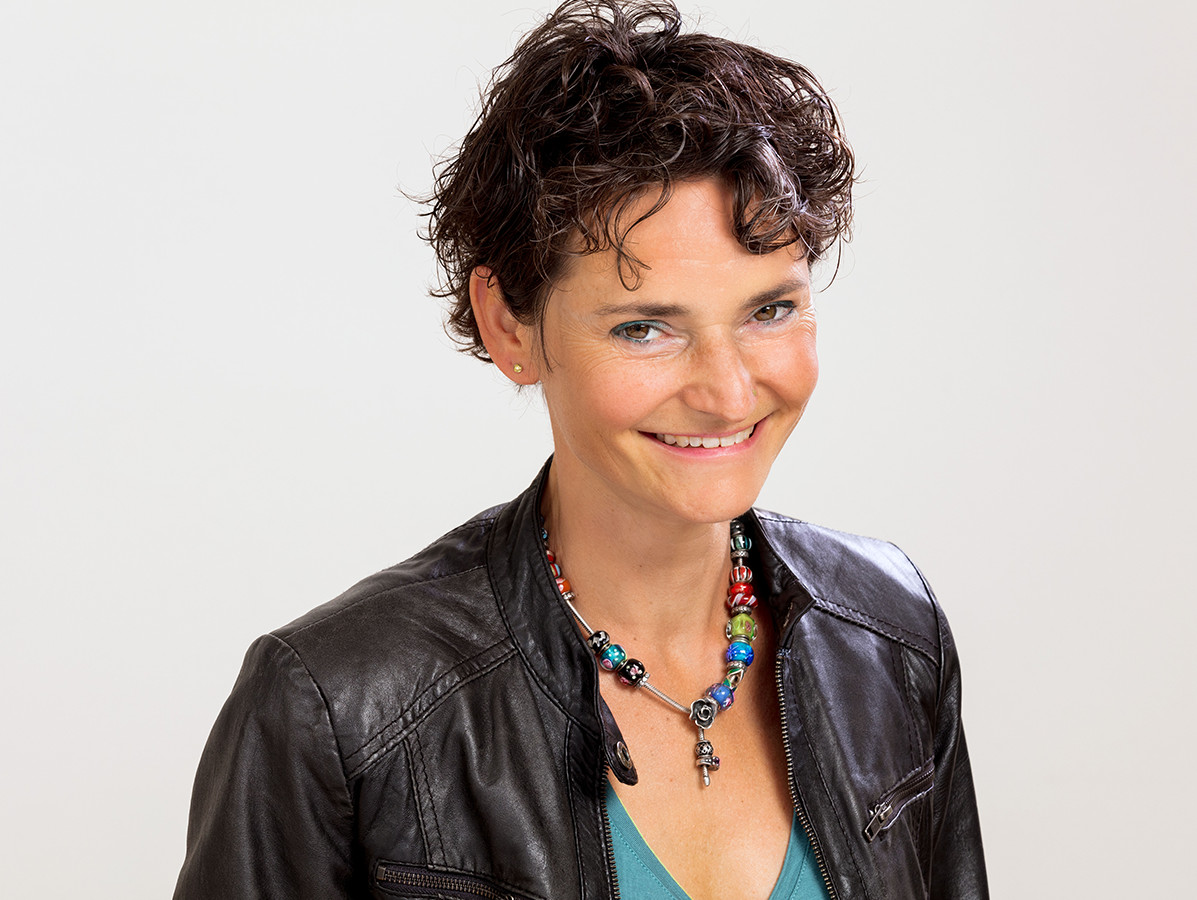
In my case, the above applies quite literally. Our lawn is a battlefield of various grasses, moss, dead spots and dandelions. The neighbours, on the other hand, can show off a tight, shortened, fresh green patch. Throughout the day, a white disc moves across the lawn. The mowing robot is operated via an app and Bluetooth. "Ha! We have to hack that!" I heard a group of adolescents with pimples (some things never change) chuckle at the sight of the disc. The time of paper arrows shooting through open bedroom windows like mischief seems to be over for good.
The most important drivers of innovation are wishes and desires; for improvement, for more efficiency and convenience and for solutions to get rid of annoyances. However, a new technique only has a chance of success if the benefits outweigh the costs. Will it give us enough? I discover that an entry-level mowing robot 'only' costs around EUR 1,000. But I prefer to invest in a racing bike, now that the triathlon is on my wish list.
All our wishes and desires have meanwhile led to an enormous dependence on advanced digital technology. Companies and organisations are interconnected by countless systems and networks. The consequences of disruptions and failures are enormous. And I am not talking about the failure of a mowing robot. The Scientific Council for Government Policy recently wrote a comprehensive report on the subject: Preparing for digital disruption. A digital disruption involves much more than the failure of isolated digital systems. Cyber security, however, is not sufficiently on the minds of companies, organisations, the government and those with political responsibility, warns the WRR.
Back to our desires. People have different desires, for example, to one person relaxation can mean a nice challenge (like riding a bicycle, mowing the lawn of stacking boxes), to another person this could mean a task, or an annoyance. Getting rid of annoyances has led to countless successful inventions: e-bikes have become extremely popular, and there are robots that are good at stacking boxes. There is innovative software that prevents food waste.
What are your wishes, desires and dreams for the future? Where will you see yourself and your company in 5, 10, 25 years? And how can digitisation, automation and/or robotisation help you? Come up with new solutions that suit you. Calculate: do the benefits outweigh the costs?
If you want to move forward, don't compare yourself too much with your neighbours. Find your own way. But make sure that cyber security is very much on your mind.
Judith Witte
[email protected]
Source: Vakblad Voedingsindustrie 2020